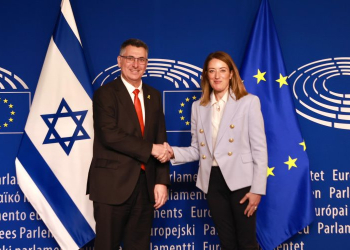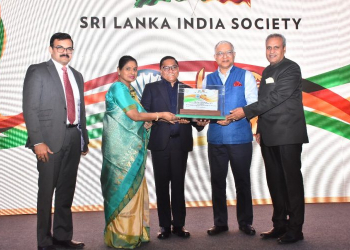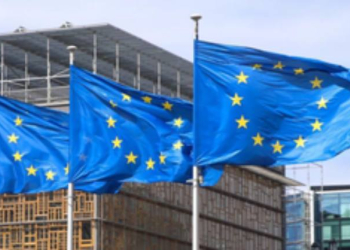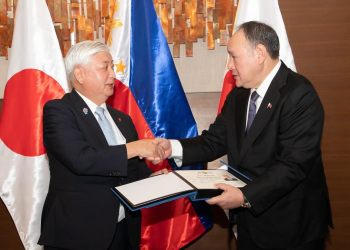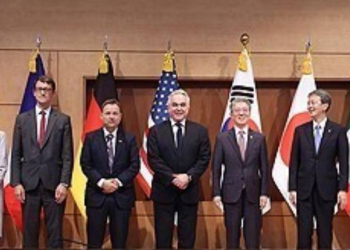London, Sep 1 (IANS) Pakistan’s Inter-Services Intelligence (ISI) is organising a week-long programme in England to observe the first death anniversary of glib-tongued Syed Ali Shah Geelani, who after swearing by the Constitution of India to fight the Assembly elections in Jammu and Kashmir, died yearning to join Pakistan. But, his personal effects including his baggy Pyjama or salwar, found their way to Pakistan as memorabilia.
The ISI is using the name of a so-called organisation Tehreek-i-Kashmir UK to conduct the Geelani memorial week. Tehreek-i-Kashmir is among the organisation the ISI has set-up in some of the European countries for anti-India propaganda on the pretext of pleading Kashmiris’ case.
On the first death anniversary, what reference is shown to Geelani’s memorabilia is not known, but one cannot help keep one’s fingers crossed in view of the treatment Pakistan gave its own leaders. For example, Father of the nation Jinnah died in 1948 in mysterious circumstances. Country’s first president, under the 1956 Constitution, was exiled to London where he and his wife died.
Country’s first Prime Minister Liaquat Ali Khan was shot dead in public like a dog. Pakistan’s first democratically elected Prime Minister Zulfiqar Ali Bhutto was hanged in Rawalpindi in 1979 and the site of his hanging was demolished so that it didn’t become a memorial. So what with a non-Pakistani, Geelani’s memorabilia?
Geelani was important for the ISI not as a representative of Kashmiris but for his venom against India and for his glib tongue to beguile Kashmiri youth for Pakistan and against India.
Pakistanis, who watched Pakistan TV (PTV) went to bed every night after listening to Geelani’s crowing against India. Every night after its 8:30 news bulletin PTV played his old speeches.
Geelani’s campaign for Pakistan, if he really believed in it, sounded like a voice in the wilderness.
On his death anniversary he can be remembered for carrying on a paid failed campaign which had very little impact even on those who opposed India.
For example, he was a loner in the Hurriyat Conference on the question of joining Pakistan. In fact, Hurriyat Conference was not very clean about its target.
There were reports that its members were regularly getting fat packets from Pakistan.
They received royal welcome when they visited Pakistan openly or secretly. Jammu and Kashmir Liberation Front (JKLF) Chairman Yasim Malik once boasted he visited Pakistan at will.
Pakistan’s interest in Hurriyat was not for the sake of Kashmir but for maligning India and projecting it (Hurriyat), in the world as the only representative of Kashmir – not the elected Government of Jammu and Kashmir. But the regular assembly elections in Kashmir made Hurriyat look irrelevant.
The object of the weeklong programme of remembering Geelani is to project him; as somebody in the world’s freedom movements. But Geelani distinguished himself with his venomous tongue and not as a freedom fighter.
A communication to Farooq Khan, the ISI officer who handles Kashmir affairs, is titled “Shaheed Syed Ali Shah Geelani- Remembrance is resistance hallmark of freedom movements across the world”. The weeklong programme will highlight, it said, “Geelani’s pro-Pakistan freedom struggle”.
The communication asks Kashmiris to get books written by Geelani, hold corner meetings, conferences, rallies, candle light programmes, music shows, carry out philanthropy activities and establish research centres in Geelani’s name.
During the green revolution in India some decades ago, a wise-looking old jackal planted a goat’s bone and howled every night that once the bone sprouts and becomes a tree, we will all be liberated from our hunger for meat.
Many young jackals, entrusted by the old jackal, watered the bone every morning for years but not a blade of grass spouted. The old jackal howled every night giving the hope of the bone sprouting.
Geelani ruined the lives of bright Kashmiri young people by projecting Pakistan as their utopian in their goals.




